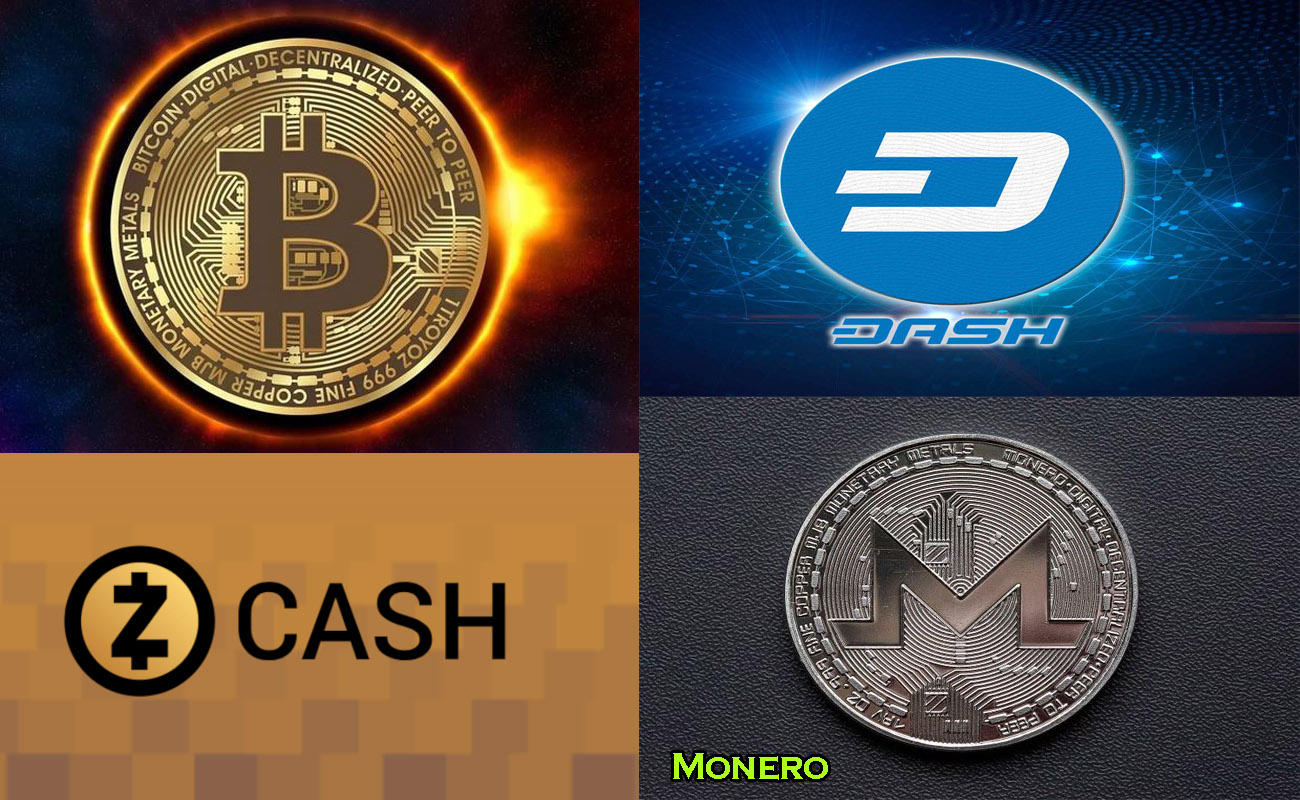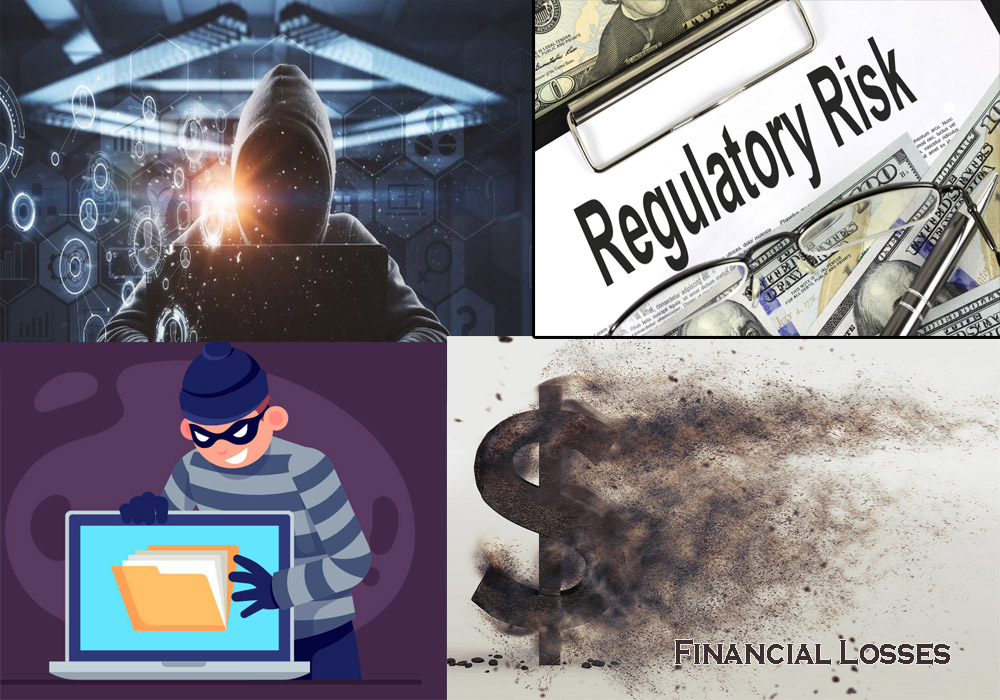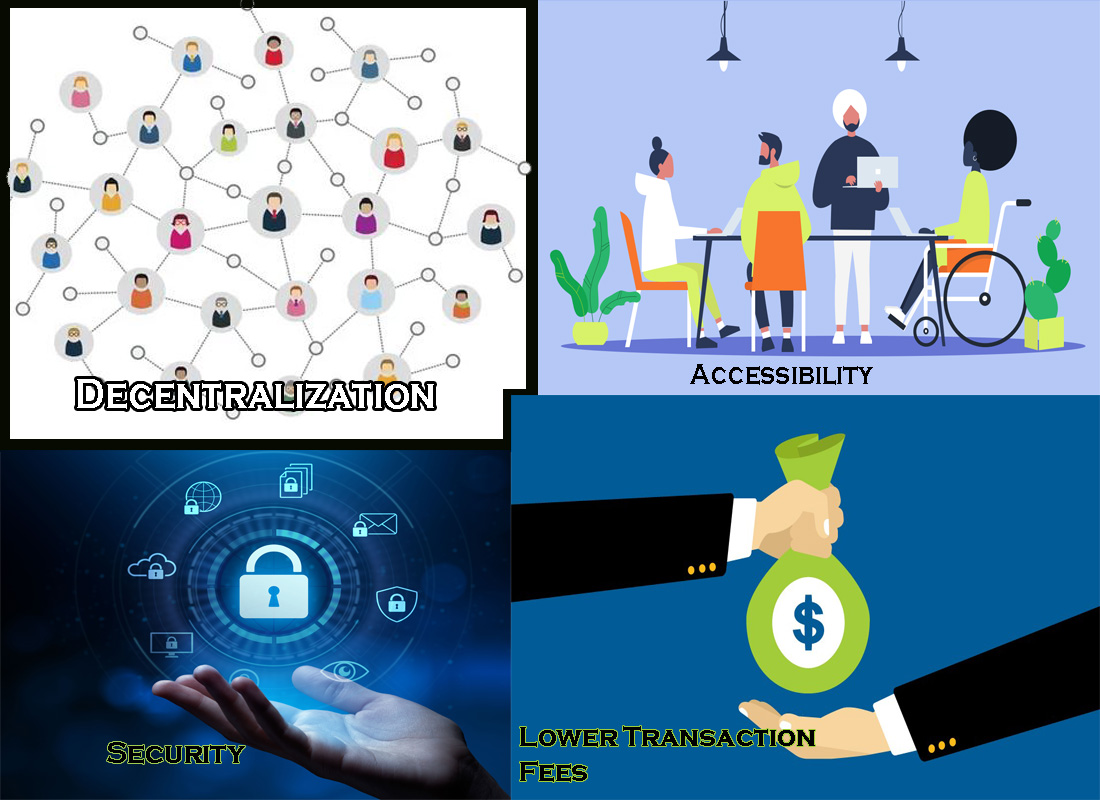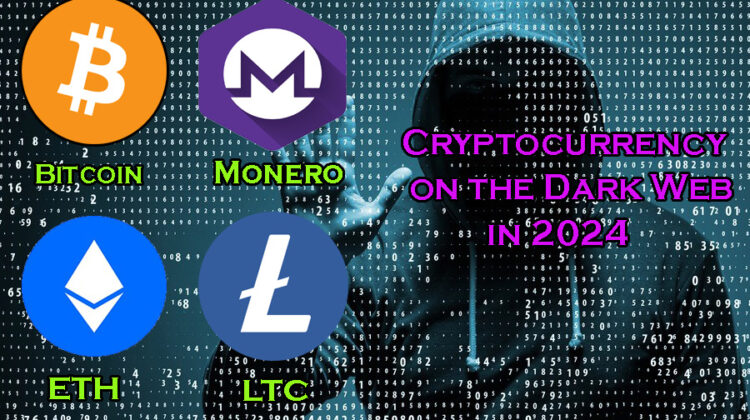Cryptocurrencies have become the primary medium of exchange within the clandestine realm of the dark web, facilitating a vast array of illicit transactions. The dark web, accessed through anonymizing networks like Tor, hosts a multitude of underground marketplaces where drugs, weapons, stolen data, and other illegal goods and services are bought and sold.
Bitcoin: Pioneer of Dark Web Transactions
Bitcoin, as the first and most widely adopted cryptocurrency, initially dominated dark web transactions. Its decentralized nature and perceived anonymity made it the currency of choice for many dark web users. Nonetheless, its decentralized architecture and ease of use propelled Bitcoin to the forefront of dark web commerce.
The Rise of Privacy Coins
Recognizing Bitcoin’s limitations in anonymity, privacy-focused cryptocurrencies emerged to cater specifically to the dark web’s demand for enhanced privacy. Coins such as Monero, Zcash, and Dash offer advanced privacy features that obscure transaction details, providing heightened anonymity compared to Bitcoin. These privacy coins have gained significant traction on the dark web, offering users greater confidence in conducting illicit transactions without fear of detection.
Challenges for Law Enforcement
The use of cryptocurrencies on the dark web presents significant challenges for law enforcement agencies. Traditional methods of monitoring and regulating financial transactions struggle to keep pace with the decentralized and pseudonymous nature of cryptocurrencies. Tracking and tracing illicit activities become exceedingly difficult, impeding efforts to combat cybercrime and illegal trade on the dark web.
Beyond Illicit Activities: Blockchain Innovation
Despite its association with illegal transactions, blockchain technology—the underlying technology behind cryptocurrencies—offers broader potential for innovation and disruption. Blockchain provides transparency, security, and decentralization, with applications extending far beyond the dark web. From finance to supply chain management, blockchain technology holds promise for transforming various industries and processes.
While cryptocurrencies have found a niche in facilitating illicit transactions on the dark web, their broader implications for innovation and disruption cannot be overlooked. As technology continues to evolve, the challenge lies in harnessing the potential of blockchain while addressing the regulatory and ethical considerations surrounding its use in both legitimate and illicit contexts.

What are the main cryptos on the dark web?
Cryptocurrencies have become integral to the operations of the dark web, providing a decentralized and relatively anonymous means of conducting illicit transactions. Various cryptocurrencies are used on the dark web, each offering different levels of privacy and security. The main cryptocurrencies favored by dark web users include:
-
Bitcoin (BTC)
Bitcoin was the first cryptocurrency to gain widespread adoption on the dark web. Its decentralized nature and widespread acceptance made it the go-to currency for conducting illicit transactions. While Bitcoin transactions are recorded on a public ledger, they are pseudonymous, offering a level of privacy that appeals to dark web users.
-
Monero (XMR)
Monero is a privacy-focused cryptocurrency designed to provide enhanced anonymity and untraceability. Unlike Bitcoin, Monero transactions are truly private, obscuring sender addresses, recipient addresses, and transaction amounts. This privacy-centric approach has made Monero a preferred choice for dark web users concerned about maintaining their anonymity.
-
Zcash (ZEC)
Zcash is another privacy-focused cryptocurrency that offers optional privacy features. Transactions can be conducted transparently, similar to Bitcoin, or privately using zero-knowledge proofs, which obscure transaction details. This flexibility appeals to dark web users seeking varying levels of privacy for their transactions.
-
Dash (DASH)
Dash, originally known as Darkcoin, emphasizes both privacy and speed in transactions. It offers features such as PrivateSend, which mixes transactions from multiple users to obfuscate their origins. While not as privacy-focused as Monero or Zcash, Dash remains popular on the dark web due to its emphasis on transactional privacy.
These cryptocurrencies are not exclusive to the dark web but have gained prominence due to their features aligning with the privacy and anonymity needs of dark web users. As law enforcement agencies continue to crack down on illicit activities on the dark web, the landscape of cryptocurrencies used may evolve, with emerging privacy-focused coins potentially gaining traction.

The Risks of Cryptocurrency on the Darknet
Cryptocurrencies have become deeply entwined with the operations of the darknet, presenting various risks to users and the broader ecosystem. While cryptocurrencies offer benefits such as decentralization and privacy, they also expose users to several significant risks when utilized in the darknet environment.
-
Legal and Regulatory Risks
Transactions conducted on the dark net often violate laws related to illicit drug sales, weapons trafficking, fraud, and more. As such, users engaging in such activities face legal repercussions if identified and apprehended by law enforcement agencies. Additionally, regulatory bodies worldwide are increasingly scrutinizing cryptocurrency transactions, imposing regulations to combat money laundering, terrorist financing, and other illicit activities.
-
Security Risks
Darknet marketplaces and cryptocurrency exchanges are prime targets for cyberattacks and hacking attempts. Users risk losing their funds to phishing scams, malware, and fraudulent schemes perpetrated by malicious actors. Furthermore, centralized exchanges, where users often convert cryptocurrencies to fiat currencies, are susceptible to breaches, leading to significant financial losses for users.
-
Lack of Consumer Protection
Unlike traditional banking systems, cryptocurrencies offer limited consumer protection mechanisms. Once a transaction is completed on the blockchain, it is irreversible, making users vulnerable to scams and fraudulent activities. In the event of theft or loss of funds, recovering stolen cryptocurrencies is exceptionally challenging, if not impossible, leaving victims with little recourse for restitution.
-
Volatility and Financial Losses
Cryptocurrency markets are highly volatile, subject to rapid price fluctuations driven by speculative trading, market sentiment, and external factors. Users on the darknet risk significant financial losses due to price volatility, especially when holding large amounts of cryptocurrencies for extended periods. Additionally, the anonymity of cryptocurrencies makes them attractive for Ponzi schemes and investment scams, further increasing the risk of financial losses for unsuspecting users.
-
Reputational Risks
Engaging in illicit activities on the darknet using cryptocurrencies can tarnish one’s reputation and credibility. Users risk exposure and public scrutiny if their involvement in illegal transactions is uncovered, potentially leading to social stigmatization, damaged relationships, and professional consequences.
While cryptocurrencies offer certain advantages for anonymity and decentralized transactions, their integration with the darknet exposes users to a myriad of risks, including legal, security, financial, and reputational risks. Individuals considering involvement in darknet activities should carefully weigh these risks and consider the potential consequences before engaging in illicit transactions.

Some of the Benefits of Cryptos on the Darknet
Cryptocurrencies offer several advantages when used on the darknet, catering to the unique needs and preferences of users operating within this clandestine environment. Despite the association with illicit activities, cryptocurrencies provide certain benefits that contribute to their popularity on the darknet:
-
Anonymity and Privacy
Cryptocurrencies offer a higher degree of anonymity compared to traditional financial systems. Transactions conducted with cryptocurrencies do not require personal identifying information, allowing users on the darknet to maintain their privacy and anonymity. This anonymity is particularly valued by individuals engaging in sensitive or illegal transactions, protecting their identities from surveillance and monitoring.
-
Decentralization
Cryptocurrencies operate on decentralized blockchain networks, eliminating the need for intermediaries such as banks or financial institutions. This decentralized nature ensures that transactions cannot be censored or controlled by any single entity, providing users on the darknet with greater autonomy and freedom in their financial transactions.
-
Accessibility
Accessing and using cryptocurrencies requires only an internet connection and a digital wallet, making them accessible to anyone with an internet-enabled device. This accessibility is especially beneficial for individuals residing in regions with limited access to traditional banking services or facing financial restrictions, enabling participation in global transactions on the darknet without geographical barriers.
-
Security
Cryptocurrencies utilize cryptographic techniques to secure transactions and prevent unauthorized access to funds. The use of blockchain technology ensures transparency, immutability, and tamper resistance, reducing the risk of fraud and counterfeiting on the darknet. Additionally, features such as multi-signature wallets and encryption provide users with enhanced security measures to protect their digital assets.
-
Lower Transaction Fees
Cryptocurrency transactions typically involve lower fees compared to traditional financial transactions, particularly for cross-border payments. This cost-effectiveness is advantageous for darknet users conducting international transactions, as they can avoid the high fees associated with traditional banking systems and currency exchange services.

How to Use Crypto Anonymously on the Dark Web
Maintaining anonymity while using cryptocurrencies on the dark web is paramount for users seeking to protect their privacy and evade surveillance. Here are several strategies to use cryptocurrencies anonymously in the dark web environment:
-
Utilize Privacy-Focused Cryptocurrencies
Choose cryptocurrencies specifically designed to prioritize privacy and anonymity, such as Monero (XMR), Zcash (ZEC), or Dash (DASH). These privacy-centric coins employ advanced cryptographic techniques to obfuscate transaction details, ensuring greater anonymity compared to transparent cryptocurrencies like Bitcoin.
-
Use Mixing Services
Utilize cryptocurrency mixing services, also known as tumblers or mixers, to obscure the trail of transactions. These services pool together multiple users’ funds and then redistribute them in a manner that makes it challenging to trace the original source. Mixing services effectively sever the link between the sender and recipient, enhancing privacy on the dark web.
-
Employ Secure Wallets
Use secure cryptocurrency wallets that prioritize privacy and security. Look for wallets that support features like hierarchical deterministic (HD) wallets, which generate a new address for each transaction, and multi-signature functionality, which requires multiple signatures to authorize transactions. Consider using wallets that allow you to run your own full node for added privacy.
-
Access the Dark Web Anonymously
Use anonymizing tools like the Tor browser or virtual private networks (VPNs) to access dark web marketplaces and forums anonymously. Tor routes your internet traffic through a series of encrypted nodes, masking your IP address and location, while VPNs encrypt your internet connection, preventing third parties from monitoring your online activities.
-
Practice Good Operational Security (OPSEC)
Adhere to good operational security practices to minimize the risk of revealing identifying information. Avoid using real-world identities or personally identifiable information when creating accounts or conducting transactions on the dark web. Be cautious of sharing sensitive information and regularly audit your online presence to identify and mitigate potential privacy risks.
-
Avoid Centralized Exchanges
Minimize the use of centralized cryptocurrency exchanges, as they often require users to undergo identity verification procedures that compromise anonymity. Instead, consider peer-to-peer (P2P) platforms or decentralized exchanges (DEXs) that prioritize privacy and do not require KYC (Know Your Customer) verification.
By implementing these strategies, dark web users can enhance their anonymity and privacy when conducting cryptocurrency transactions, mitigating the risk of surveillance and detection by adversaries. However, it’s essential to recognize that achieving complete anonymity may be challenging, and users should remain vigilant and continuously adapt their privacy practices to evolving threats and technologies.
Final Words
In conclusion, while cryptocurrencies are often associated with illicit activities on the darknet, they offer several benefits that appeal to users seeking privacy, decentralization, accessibility, security, and cost-effectiveness. Understanding these advantages provides insight into the motivations behind the widespread adoption of cryptocurrencies within the darknet ecosystem.
